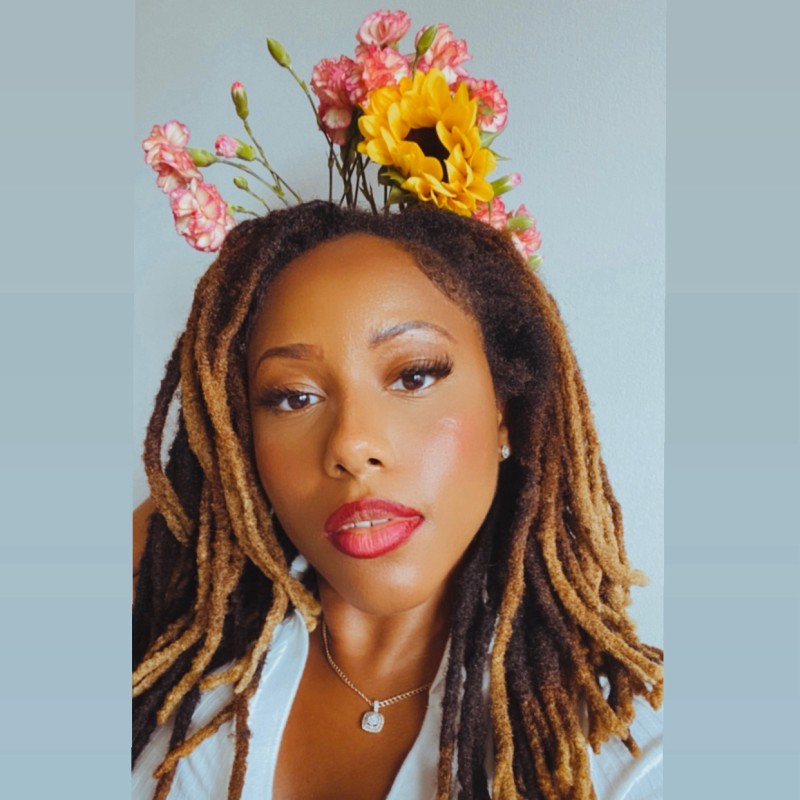(BALTIMORE – August 29, 2025) – I just finished watching the recent Hurricane Katrina documentary on Netflix, and it truly gutted me.
At the time of Katrina, In 2005, I was 14 and I didn’t fully grasp connection between disaster, tragedy, and systemic racial injustice. Watching now, has hit me in a way I wasn’t ready for. The aftermath was worse than I remembered: families displaced, residents criminalized instead of cared for, and recovery that too often felt like punishment.
One line stuck with me: “My mother said gentrification was on the way when she saw the bike lanes.” By 2020 that was reality, which reminded me of the first time I saw bike lanes in East Baltimore, in the midst of decades long of community destruction from poverty, drugs, and lack of resources. A study showed 13 wards in New Orleans underwent gentrification, with home prices jumping over $200,000 once rebuilding finally began. And that’s the point—it took years for the city to even start rebuilding. And when it did, it wasn’t for the people who had survived Katrina or those who wanted to return home.
That pattern repeats. After Katrina. After COVID. In cities everywhere. Investment comes, but rarely for the people who are already there.
This also made me realize something I haven’t let go of: my thoughts that we moved on too quickly from COVID-19. We never fully addressed the real harm it caused: the losses, the isolation, the health fallout, the way communities were fractured. Just like Katrina, the effects didn’t end when the headlines faded.
True recovery means putting people first. Not pricing them out. Not ignoring decades of trauma. Not planning for “future residents” while abandoning current ones.
I took a break this summer to come to some clear conclusions about my forward path. What stood out to me is my why. My why with Mova Nature has always been: Access. Recovery. A Community Voice.
Which has lead me to begin building The Recovery Wellness Hub (RWH): to make sure wellness and recovery are accessible to people living in my neighborhoods right now. By connecting medical systems and community members, and addressing the prevelant rise of chronic illness across communities, post and pre covid, we can start to close the gap.
We’re a week past the anniversary of Katrina, and this documentary is a reminder that I refuse to shake: we must never forget the people.
So much love and respect to the New Orleans community, and the people still rebuilding/recovering from the aftermath.

